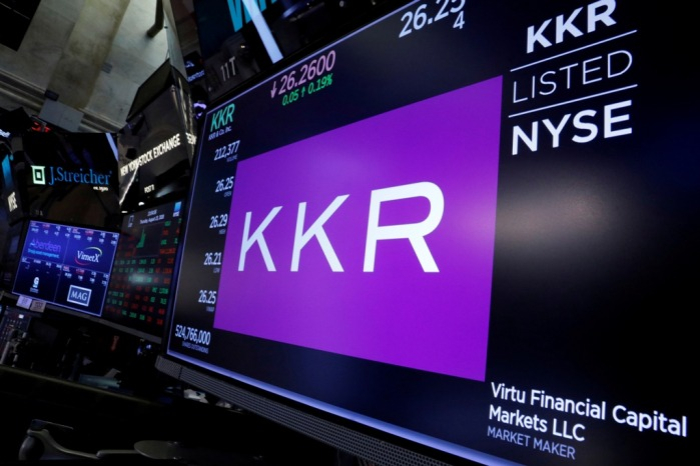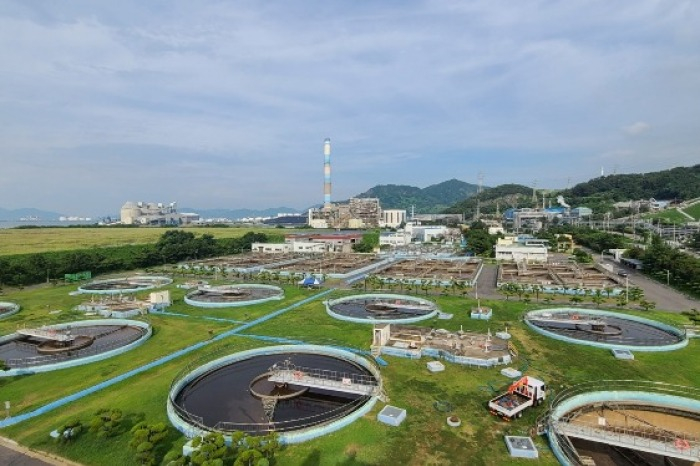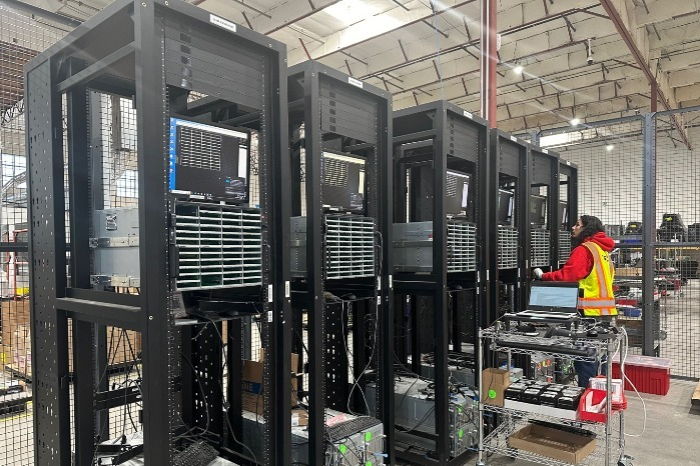
Global private equity giant KKR & Co. Inc. is in advanced talks to acquire the waste management arm of SK Ecoplant Co., a South Korean construction engineering and waste management company under SK Group, for about 1.5 trillion won ($1.1 billion) as the sole bidder in the deal.
According to sources in the investment banking industry on Thursday, KKR is negotiating final terms to acquire two SK Ecoplant subsidiaries, Renewus and Renewone, with an aim to sign a share purchase agreement by early August.
The US PE firm has reportedly offered about 1.5 trillion won for the acquisition, which comes in below SK Ecoplant’s initial asking price of about 2 trillion won.
But with tepid interest in the auction and KKR offering the highest bid, SK Ecoplant lowered its expectations to the mid-1 trillion won range, said people familiar with the matter.
Rival bidder STIC Investment Inc. exited the process early, leaving KKR as the frontrunner.

Still, deal hurdles remain, the people said, citing KKR’s demand for contractual provisions that allow it to adjust the purchase price in the event of unforeseen liabilities.
The PE firm is also pushing for an earn-out clause, which allows a portion of the purchase price to be paid to the seller based on the future performance of the acquired business.
AMBITIONS FADE
Renewus and Renewone are core assets in SK Ecoplant’s waste management portfolio.
In 2020, the major construction and engineering firm acquired Korea’s largest waste treatment company, EMC Holdings Co., now Renewus, for 1.5 trillion won from Affirma Capital, outbidding Goldman Sachs and Keppel Infrastructure.
Between 2021 and 2022, it spent another 825.6 billion won to buy multiple local waste incineration and landfill companies, including Daewon Green Energy and Saehan, and merged them under Renewone.
With the waste management subsidiaries, SK Ecoplant planned to turn into a climate platform company.
But its effort to create synergy between the environment business and its other mainstay businesses – construction engineering and energy – has not paid off.

Instead, it has faced an increasing interest burden from aggressive mergers and acquisitions of environmental companies.
SK Ecoplant has paid about 300 billion won in interest on debts every year, according to the company’s filings.
Now, the company is moving to divest the waste units in a bid to deleverage and strengthen its balance sheet.
PIVOT TO SEMICONDUCTOR INFRA AND IT RECYCLE
Following the planned exit from waste management, SK Ecoplant intends to shift its focus to semiconductor infrastructure and IT recycling businesses, centered on SK Tes and Essencore Ltd.
SK Tes, which SK Ecoplant acquired in 2022, specializes in IT asset disposition (ITAD) and electronic waste recycling – a sector gaining momentum amid growing artificial intelligence-related data center demand.
ITAD services encompass secure disposal and reuse of unwanted IT hardware, aligned with rising corporate and environmental compliance standards.
Essencore, headquartered in Hong Kong, is a consumer memory and storage maker, producing SD cards and USB flash drives with DRAM and NAND flash memory chips supplied by SK Hynix Inc., SK Group’s semiconductor giant.
Last year, SK Ecoplant set up a new business unit called Hi-tech, a comprehensive semiconductor service provider, including the construction of semiconductor infrastructure, after merging technology subsidiaries.
By Jun-Ho Cha
chacha@hankyung.com
Sookyung Seo edited this article.















